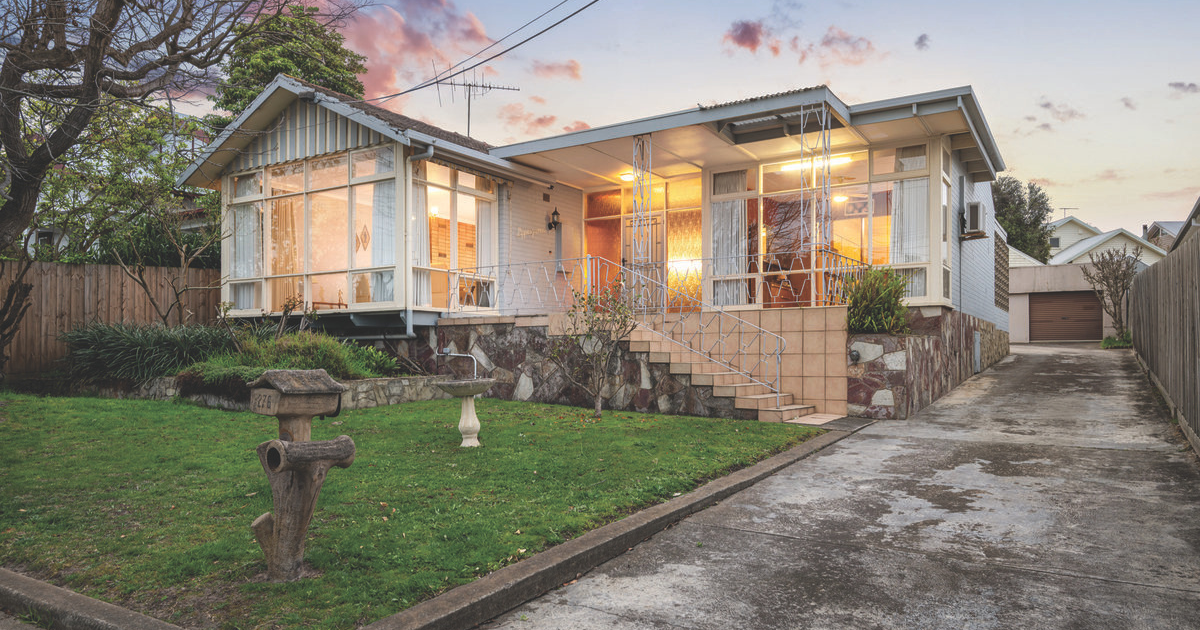Excessive tax burden chokes rental market

REIV is calling on the Victorian government to enact property tax reforms amid the 2025–26 state budget, focusing on reduced stamp duty and land tax burdens on rental providers
For some, it is painfully obvious that taxes on investor landlords is the prime factor in the reduction of rental properties, and rental hikes, in the Victorian market.
To many investors, of which 70 per cent are “mum and dad” landlords with just one investment property, feel as if they are under attack, being driven out of the market by draconian taxes and unfair landlord obligations.
Government at all levels are asleep at the wheel, while screaming out for more rental stock and affordable accommodation on one hand and destroying the rental market with the other.
Why tax investors to oblivion when they should be providing incentives for these “mum and dad” landlords to stay in the market? Once an investment property hits the market, it is usually bought by owner occupiers, further reducing the rental pool.
Some agents with large rent roles are reporting their churn rates doubling from the previous year as their investor clients sell to mostly owner occupiers.
The industries peak bodies have been warning governments about this looming issue for years, but they have failed to realise the urgency and just talk about new residential projects way down the track.
The Real Estate Institute of Victoria (REIV) has again called on the Victorian government to enact property tax reforms in the 2025-26 state budget, focusing on reduced stamp duty and land tax burdens on rental providers.
REIV is urging the Victorian government to implement these property tax reforms to tackle ongoing housing supply challenges after it reported significant changes in the Victorian rental market due to ongoing supply shortages and rising rental prices.
The peak body indicated a 3.55 per cent decrease in rental bonds held by the Residential Tenancies Bond Authority, equating to a loss of 24,000 bonds between March and September 2024.
Noticing a trend of investor withdrawals and an increase in short-stay rentals, REIV members have developed a submission to strengthen the state’s long-term rental market.
REIV’s submission addresses concerns over rising costs and complex regulations exacerbating supply shortages and driving up rental prices.
The submission lays out five specific tax and regulatory policy recommendations to attract and retain investment in the property sector and establish a more sustainable rental market for renters and investors.
REIV chief executive officer, Kelly Ryan noted the key priority of the five recommendations is decreased stamp duty and land tax burdens on rental providers.
“At the heart of our submission is the need to ensure a more balanced tax and regulatory regime that includes adequate incentives for rental providers,” she said.
REIV also recommended realigning property management responsibilities between renters and rental providers to encourage longer lease agreements extending beyond five years.
Ms Ryan said longer lease agreements guarantee greater security, as seen in international rental markets.
“In drawing on comparable international rental market settings, our submission recommends incentivising extended long-term leases to enable renters and rental providers alike to benefit from the greater security they offer.
“If the Victorian government is to succeed in fulfilling its critical mandate of improving the state’s housing supply, better-enabling property sector investment is paramount.”

















